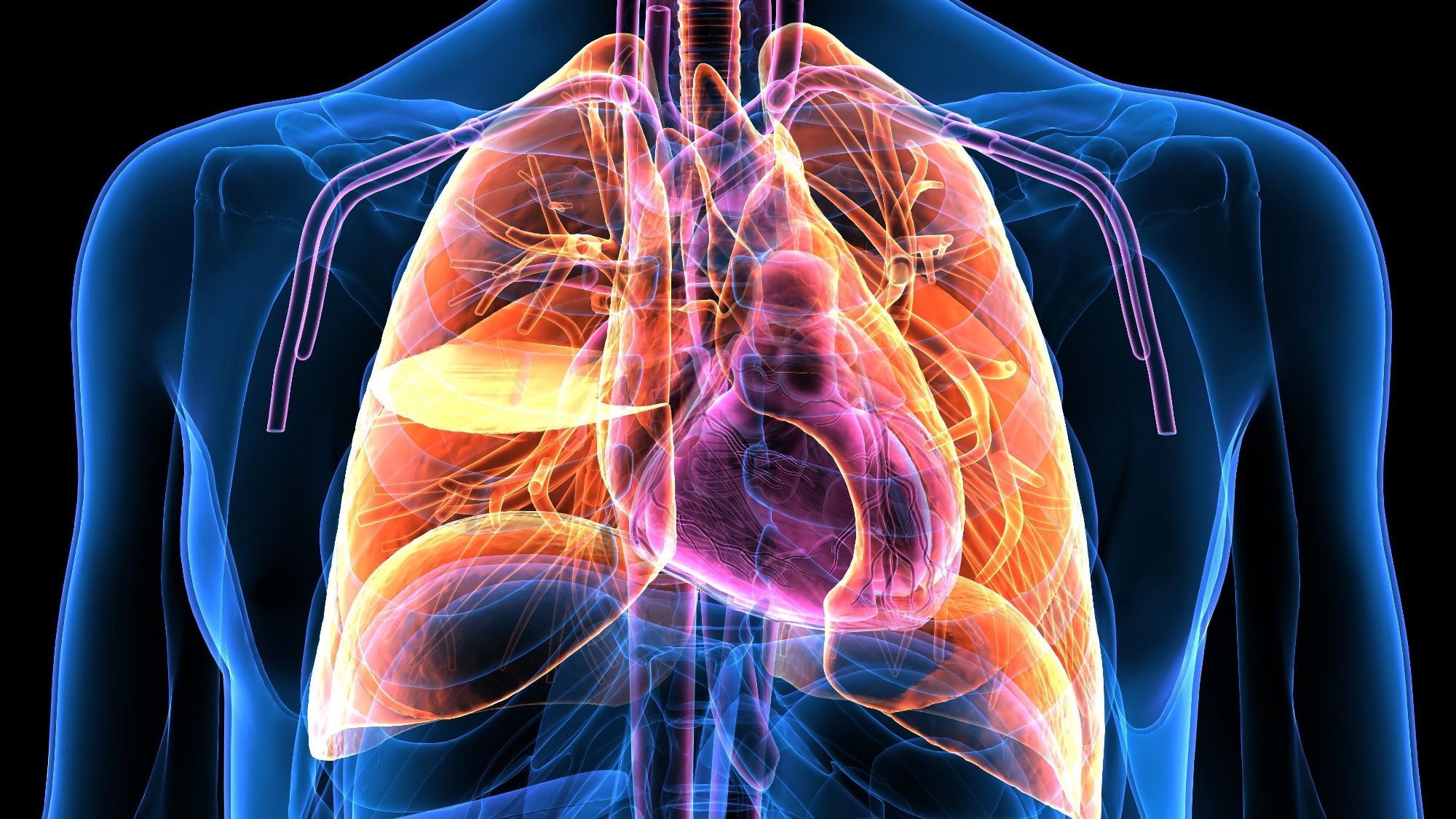In a recent study published in the journal Nutrients, researchers reviewed the adverse health events associated with consuming energy drinks among adolescents and children in the context of preexisting health conditions and other trigger factors.
 Review: Energy Drinks and Adverse Health Events in Children and Adolescents: A Literature Review. Image Credit: Life science / Shutterstock
Review: Energy Drinks and Adverse Health Events in Children and Adolescents: A Literature Review. Image Credit: Life science / Shutterstock
Background
Energy drinks, marketed as physical and mental enhancers, contain stimulants such as guarana and caffeine and are known to have cardiovascular side effects, including cardiac arrhythmia and arterial hypertension. Despite these known dangers, the consumption of energy drinks remains high, especially among adolescents. Among the underaged consumers of energy drinks, the chronic high consumption of energy drinks is higher among children than adolescents (16% versus 12%), while the high acute consumption of energy drinks is around 12% in both.
Furthermore, when consumed in combination with illicit stimulants or by individuals with chronic medical conditions, energy drinks can frequently cause adverse cardiovascular events such as myocardial ischemia and cardiac arrhythmias. Studies have shown that in adults, the acute consumption of energy drinks can lead to increased arterial blood pressure, while in juveniles, it causes arterial stiffness and increased blood pressure while lowering the efficiency of the left ventricle.
Various studies have also reported the hepatic, neuropsychological, and renal impacts of acute energy drink consumption. In the present study, the researchers reviewed case reports in English that comprised a study population below the age of 18 years with confirmed consumption of energy drinks.
Cardiovascular impact of energy drinks
The results reported associations between excessive energy drink consumption and various adverse effects on health in minors. A total of 18 cases were included in the review, and a majority of the health events were related to the neuropsychiatric or cardiovascular systems. Furthermore, 61% of these cases were associated with preexisting health conditions or the existence of other potential triggers.
About 45% of the case reports included in the review reported cardiovascular events such as arterial hypertension, cardiac arrhythmia, spontaneous coronary artery dissection, and acute coronary artery vasospasm. While in some cases, there were preexisting health conditions or potential triggers, in a few cases, cardiovascular adverse events occurred without other triggers or medical conditions after the consumption of large amounts of energy drinks over multiple days. One case of spontaneous coronary artery dissection occurred after the consumption of a reasonable amount of caffeinated energy drinks.
The high caffeine content of energy drinks is believed to be associated with adverse cardiovascular effects since caffeine is linked to increased left-ventricular inotropy and vasoconstriction, leading to high blood pressure. In addition, high consumption of energy drinks was also thought to increase arterial stiffness and the occurrence of supraventricular extrasystoles and cause higher diastolic and systolic blood pressure.
Neuropsychiatric effects
While the neuropsychiatric impacts of energy drinks remain largely understudied, the chronic consumption of caffeinated energy drinks is thought to be linked to panic attacks, psychotic episodes, hyperexcitability, and overexcitation of the brain cortex leading to headaches. Furthermore, a recent study on the consumption of energy drinks by adults reported that four cases experienced new-onset seizures after consuming energy drinks containing the amino acid taurine and caffeine, and the seizures resolved once the consumption of these energy drinks ceased.
The Diagnostic and Statistical Manual of Mental Disorders recognizes four disorders induced by caffeine, including intoxication, anxiety, caffeine-related disorder, and sleep disorder. A study examining the consumption of energy drinks among students in grades five to 12 reported that the consumption of energy drinks with caffeine was associated with a 66% higher risk of attention disorders and hyperactivity compared to those who did not drink caffeinated energy drinks. Energy drink consumption is believed to be linked to adverse impacts on brain development, leading to insomnia, attention deficit disorder, and hyperactivity.
Impact on other organ systems
The excessive consumption of energy drinks was also linked to a case of liver injury due to the presence of niacin in these drinks, although the individual had a history of liver transplants and a predisposition to hepatic toxins. The review also discussed a case of non-alcoholic steatohepatitis linked to energy drink consumption. Other studies included in the review also discussed the impact of excessive consumption of energy drinks on the renal system, such as an increased risk of chronic kidney disease.
Conclusions
Overall, the findings suggested that excessive intake of energy drinks, especially those containing caffeine, could have severe adverse impacts on the health of minors. The consumption of energy drinks by individuals with preexisting medical conditions or along with stimulants or party drugs, can harm adolescents' cardiovascular and neuropsychological health. Minors need to be educated about the potential hazards of energy drink consumption to help them make informed choices.
Journal reference:
- Li, P., Haas, N. A., DallaPozza, R., Jakob, A., Oberhoffer, F. S., & Mandilaras, G. (2023). Energy Drinks and Adverse Health Events in Children and Adolescents: A Literature Review. Nutrients, 15(11). https://doi.org/10.3390/nu15112537, https://www.mdpi.com/2072-6643/15/11/2537